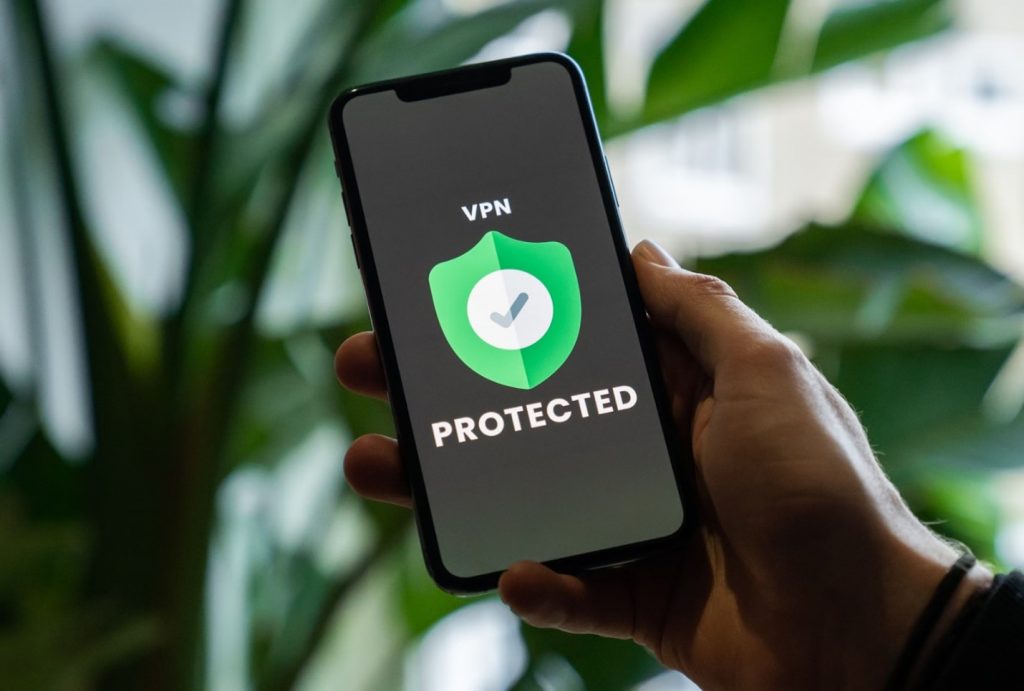Have you ever worried that your phone has been hacked and someone is spying on you? It’s a legitimate concern, especially given the amount of personal information stored on our phones. Fortunately, there are several ways to tell if your phone has been hacked, and there are steps you can take to protect yourself after the fact.

Mobile devices are in the hands and pockets of 90% of the world, and, as a result, they are also becoming more vulnerable to security threats.[1] Everything from low-security Wi-Fi to poor app development practices can lead to a mobile device being compromised and have serious consequences for the user.
As technology advances for us, it also advances for malicious actors looking to gain access to our phones. This has made it essential to be aware of the potential security threats that can affect your phone. Hackers can gain access to your phone through a variety of methods, including:
These methods allow hackers to gain access to sensitive data that is stored on your phone, including passwords and personal information. In order to protect yourself from these threats, you need to understand how these methods work and take the necessary steps to secure your device. Take preventive measures like regularly updating the operating system and using secure passwords for all of your devices.
Hacking is a serious threat to your online security, and it can have devastating consequences on your digital life. Knowing the signs that you have been hacked can help you take preventive measures before it's too late. Common indicators of a hack include performance issues such as slow speeds, constant low battery, frequent crashes, or reduced capabilities.
If you’re experiencing frequent crashes and slow app or site loading, malware could be active on your device. Any viruses or malicious software running on your smartphone will zap its resources and cause reduced functionality.
If your device is hot to the touch, even when not charging, this could indicate that potentially malicious software is working overtime in the background. This could mean data is consistently being transferred from your device and causing the phone to overheat.
An unfamiliar pop-up window on your phone’s home screen is an ever more common attempt to hack your device. These are usually false alerts of a virus where there is none. However, if the pop-up instructions are followed, this could lead to an actual virus and data leakage.
Of course, this is not the same as the gradual and expected reduction in battery capacity over time. If your smartphone battery drains rapidly after charging, this could indicate you’ve been hacked. Malware or viruses could be running in the background, diverting power to the malicious activity rather than device operations. Unfamiliar Apps and Activity Don’t remember downloading that app? Or sending that text or email? Or make that outgoing call? These are signs that someone or something is operating your device, and your smartphone could be compromised.
Don’t remember downloading that app? Or sending that text or email? Or make that outgoing call? These are signs that someone or something is operating your device, and your smartphone could be compromised.
It is important to take the necessary steps to secure your device after it has been hacked. Interventions such as resetting passwords, installing an antivirus program, creating a backup storage option, and changing security settings can help you restore the security of your device and protect yourself from further harm.
In the wake of a cyber attack, frequently resetting your passwords is one of the most important steps you can take to protect your data. This will help ensure that any malicious actors who have gained access to your phone cannot continue to access it. Additionally, it will also help prevent them from gaining access to other accounts and sensitive information you may have on your phone.
Installing an antivirus program will help to detect any malicious software that may have been covertly installed on your device during the attack and will also help to prevent further damage by blocking malicious traffic.
Just be sure to regularly update the app to stay up to date with the latest security patches and be informed of potential threats. Here are a few helpful reviews for the most reliable anti-virus apps available for both Android phones and iPhones:
While no one truly wants to wipe the slate clean, this would be the most effective way to ensure your device is secure. Back up the data you must have, such as photos or sentimental voicemails, and start fresh. Here are the official instructions for wiping your devices.
After a cyber attack on your phone, it is essential to take the necessary steps to secure your device. You must first change the security settings of your phone. We recommend you reset passwords, enable two-factor authentication, and create stronger passcodes to protect your data from future hackers.
There are various methods available for backing up your data, such as cloud storage, external hard drives, and USB drives. You can also use app encryption software as an additional layer of protection against cyber threats.
In the digital age, protecting your device from hackers is becoming increasingly important. With the proliferation of malware and malicious software, it is essential to take proactive steps to protect yourself from future cyberattacks.
Here are our top recommendations to ensure that your device remains secure against malicious actors:
It is essential for consumers and businesses to ensure their data is secure. If you take these precautions, you could prevent the worst from happening. For more helpful insights, LDD is here to help! Sign up for our newsletter and keep your finger on the pulse of all things related to cybersecurity, data restoration, and IT support.